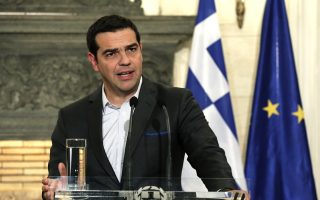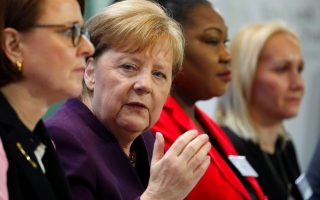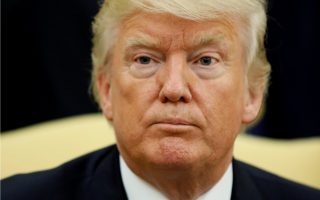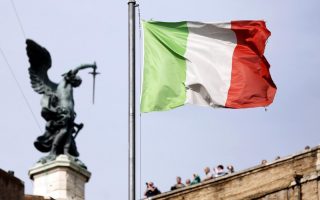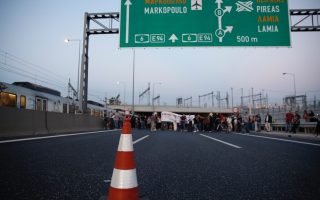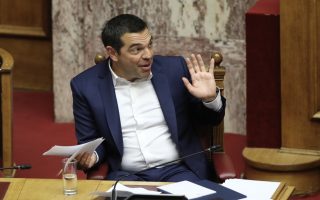The true meaning of Emmanuel Macron
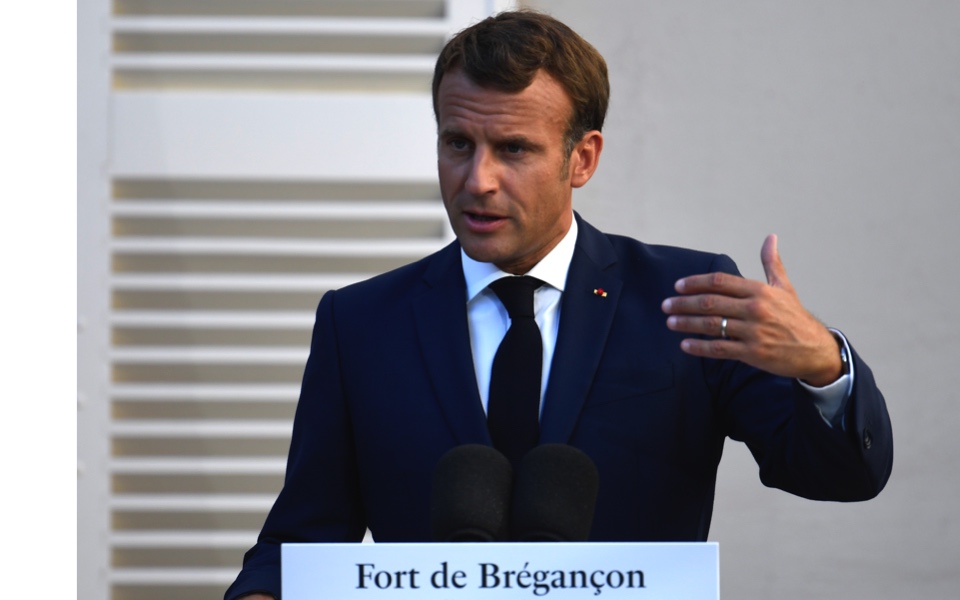
It is often said that in their president the French like to elect a king. But for one to be able to rule he also needs a parliamentary majority, a wish French voters have consistently granted in the Fifth Republic. So, too, for Emmanuel Macron, whose new LREM party looks set win an overwhelming parliamentary majority, cementing his remarkable political revolution from the center of French politics. He is now the first elected man under 40 in world history with nuclear launch codes.
Yes, Macron has been lucky. Front-runner Francois Fillon imploded on corruption charges and the Socialists nominated a far-left candidate, leaving the center of French politics wide open. But that does not change the fact that in politics the right timing and quick execution are everything, and Emmanuel Macron has proven he is a master of both. France and the rest of Europe are allowed to have high expectations for what the impact of President Macron will be.
For France, the meaning of Macron is clear from his electoral platform. Critically important structural reforms will be implemented. A wide-ranging and long overdue liberalization of the French labor market will be launched in a matter of weeks, timed to be passed by parliament when most French are on summer holidays, blunting the scope of large expected street protests. France’s patchwork of pension systems, among which those in the public sector are considerably more generous than private sector pensions, will be consolidated and made more fiscally sustainable. And France will adhere to the Stability and Growth Pact’s 3 percent deficit criteria. The latter might be the hardest to achieve, but the signal that Macron was the most fiscally conservative of the French presidential candidates is an important signal to Germany about a France that follows the rules, and therefore of great importance to the rest of Europe.
This is the first time in two decades that France and Germany are voting in the same year, producing a once-in-a-generation four-year political window for new Franco-German initiatives to be developed. Angela Merkel looks near certain to be re-elected and continue to dominate German politics during what will likely be her last term as chancellor – she will be 66 in 2020 – implying that she seems likely to begin thinking more about her political legacy. Macron meanwhile made “more Europe” a crucial part of his election platform. The political stars are therefore about as well aligned as possible for a new Franco-German European integration initiative.
Macron knows, however, that Merkel will not really take him or France seriously until he – like Europe’s crisis countries – does his homework and reforms the French economy. The first year of his presidency will as a result be focused on domestic economic reforms, and only later will he try to strike a deal with Germany on deeper euro-area integration, among other things. Macron’s program does not include Eurobonds, but it is explicit about the need for a strengthening of the euro-area central fiscal capacity and other points traditionally opposed by Germany. A President Macron who has first successfully reformed France and working with a last-term German chancellor is probably the euro area’s best hope for additional and much needed integration in perhaps the next decade.
Lastly, it is evident that Macron will be no friend of Theresa May and will not spend much time on Brexit other than by maintaining the toughest possible negotiating stance, and seemingly be willing to risk the consequences of a no-deal scenario.
* Jacob Funk Kirkegaard is a senior fellow at the Peterson Institute for International Economics.
